Introduction
Table of Contents
Amazon AWS has become the go-to cloud platform for businesses of all sizes, offering a vast array of services designed to meet diverse needs. In this blog post, we’ll explore key aspects of AWS, including its pricing, performance, security, ease of use, and customer support, to help you understand why AWS stands out in the competitive cloud market. Whether you’re considering AWS for the first time or looking to optimize your current setup, this guide will provide valuable insights into what makes Amazon AWS a top choice for cloud computing.
Pricing and Cost Management
Amazon AWS offers a flexible and competitive pricing model, making it a top choice for businesses of all sizes. With AWS, you only pay for the resources you use, allowing for cost efficiency and scalability. AWS’s pricing is based on a pay-as-you-go model, which means you are charged for computing power, storage, and data transfer by the hour, second, or even per request, depending on the service.

AWS provides several cost management tools to help users optimize their spending. AWS Cost Explorer and AWS Budgets are two powerful tools that allow users to track their expenses, forecast future costs, and set custom alerts to stay within budget. Additionally, AWS offers Savings Plans and Reserved Instances, which provide significant discounts for users who commit to long-term usage.
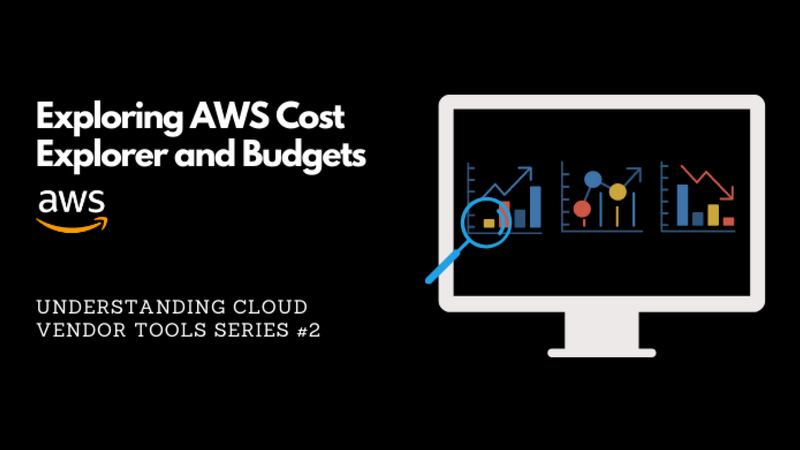
Comparing Amazon AWS’s pricing to its competitors, AWS often stands out due to its transparent pricing structure and extensive free tier. The AWS Free Tier offers new users access to many AWS services at no cost for the first 12 months, which is an excellent opportunity for startups and small businesses to test the platform without incurring high costs.
Despite the flexibility, managing costs in AWS can be challenging due to the complexity of its services. Therefore, leveraging AWS’s cost management tools and understanding the pricing models is essential for avoiding unexpected expenses.
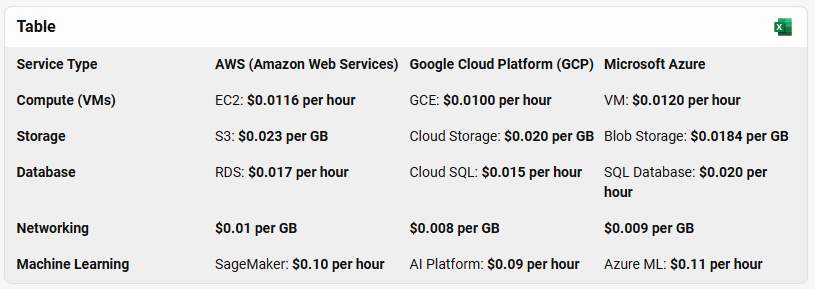
Performance and Scalability
Amazon AWS is renowned for its exceptional performance and scalability, making it a preferred choice for businesses with varying workloads and demands. AWS provides a robust infrastructure that delivers high-speed processing, low latency, and reliable uptime, ensuring that your applications run smoothly and efficiently.

One of the key strengths of Amazon AWS is its ability to scale resources dynamically. Whether you’re running a small application or a global enterprise system, AWS allows you to scale your infrastructure up or down based on demand. This elasticity is particularly valuable for businesses with fluctuating workloads, as it ensures that you only use and pay for the resources you need at any given time.
AWS’s scalability is powered by services like Auto Scaling and Elastic Load Balancing. Auto Scaling automatically adjusts the number of EC2 instances in response to traffic patterns, ensuring that your application remains responsive even during peak periods. Elastic Load Balancing distributes incoming traffic across multiple instances, improving fault tolerance and application availability.
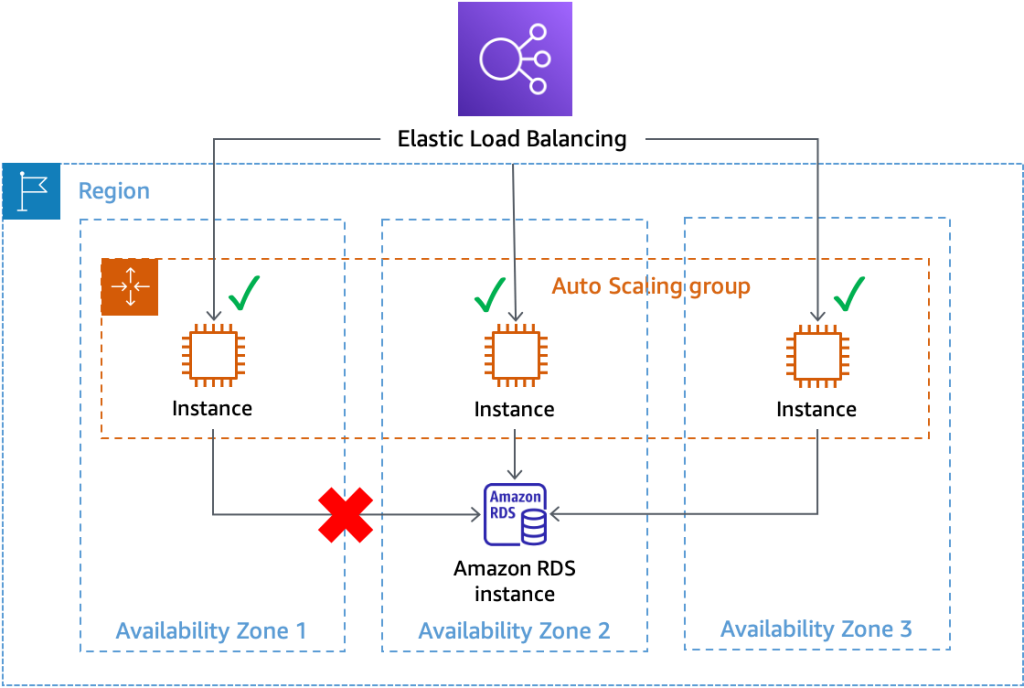
Performance is further enhanced by AWS’s global network of data centers, which are strategically located to minimize latency and maximize redundancy. This global reach ensures that users can access services with minimal delay, no matter where they are in the world.
For organizations that require high-performance computing, AWS offers specialized instances and services such as GPU-based instances and AWS High Performance Computing (HPC). These options are designed to handle intensive workloads like machine learning, scientific simulations, and large-scale data processing, providing the power and speed needed for complex tasks.
Security and Compliance
Amazon AWS prioritizes security and compliance, offering a comprehensive set of tools and features designed to protect your data and ensure regulatory adherence. As one of the most trusted cloud providers, AWS implements rigorous security measures at every level of its infrastructure.
Security Features AWS provides a range of built-in security features to safeguard your data. These include encryption at rest and in transit, network firewalls, multi-factor authentication (MFA), and identity and access management (IAM) controls. With IAM, you can define granular permissions and roles, ensuring that users only have access to the resources they need.
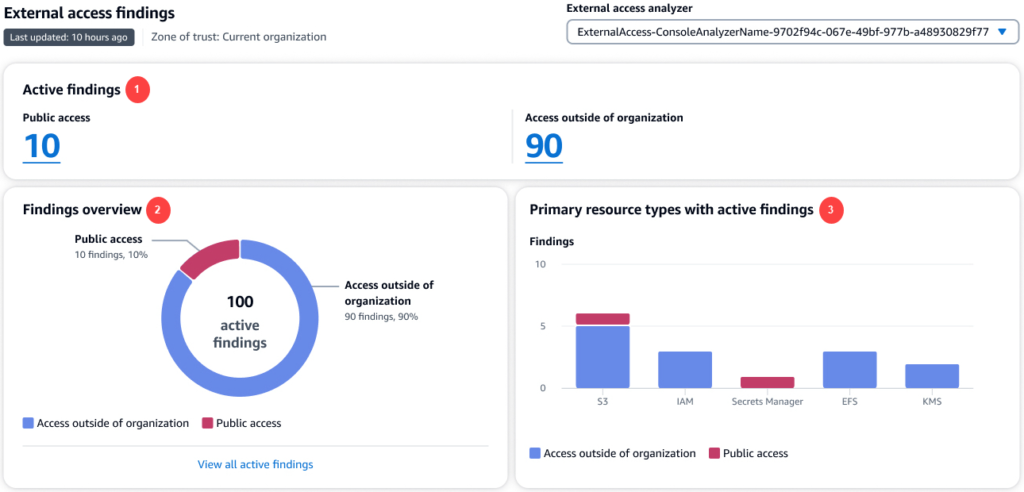
AWS also offers Amazon GuardDuty, a threat detection service that continuously monitors your AWS environment for malicious activity. Additionally, AWS Shield provides protection against distributed denial-of-service (DDoS) attacks, helping to keep your applications online during attempts to disrupt service.
Compliance Certifications Compliance is another key area where Amazon AWS excels. AWS supports a wide range of industry standards and certifications, including ISO 27001, SOC 1/2/3, GDPR, HIPAA, and PCI-DSS. This means that businesses operating in highly regulated industries, such as healthcare, finance, and government, can trust AWS to meet their compliance needs.
AWS also provides tools like AWS Artifact, which allows users to access compliance reports and manage legal agreements, simplifying the process of maintaining compliance in the cloud.
Best Practices To ensure maximum security and compliance, AWS offers a wealth of resources and best practices. The AWS Well-Architected Framework provides guidelines for building secure, high-performing, and resilient applications. Regular security assessments and the use of services like AWS CloudTrail for logging and monitoring can further enhance your security posture.
Pros & Cons
Pros:
- Comprehensive Service Offering
AWS provides a vast range of services, from computing and storage to machine learning and IoT, making it a one-stop-shop for nearly any cloud computing need. - Scalability and Flexibility
AWS’s infrastructure allows businesses to scale resources up or down based on demand, ensuring optimal performance and cost-efficiency. - Global Reach
With a global network of data centers, AWS ensures low latency and high availability, enabling businesses to serve customers worldwide effectively. - Security and Compliance
AWS offers industry-leading security features and complies with a wide range of regulatory standards, making it suitable for industries with strict compliance requirements. - Cost Management Tools
AWS provides powerful tools for monitoring and managing costs, helping businesses optimize their spending and avoid unexpected expenses. - Robust Support Options
With various support plans and a wealth of self-service resources, AWS ensures that help is always available when needed.
Cons:
- Complexity for New Users
The extensive range of services and features can be overwhelming for beginners, resulting in a steep learning curve. - Cost Management Challenges
While AWS offers cost management tools, the complexity of its pricing models can lead to unexpected costs if not carefully monitored. - Vendor Lock-In
Due to the proprietary nature of some AWS services, migrating to another cloud provider can be challenging, leading to potential vendor lock-in. - Support Costs
Comprehensive support plans, while effective, can be costly, especially for smaller businesses. - Service Limits
AWS imposes certain service limits, which may require users to request increases or manage resources carefully to avoid interruptions.
Ease of Use and Management
Amazon AWS is designed with usability in mind, offering a range of tools and services that make it accessible to both beginners and experienced developers. Despite the complexity of its offerings, AWS provides a user-friendly experience that simplifies cloud management and operations.
User Interface and Experience AWS’s primary management tool, the AWS Management Console, is a web-based interface that allows users to manage their cloud resources with ease. The console is well-organized, with services categorized into groups like compute, storage, and networking, making it easy to find and manage resources. The console also includes helpful features such as search functionality and favorites, enabling quick access to frequently used services.
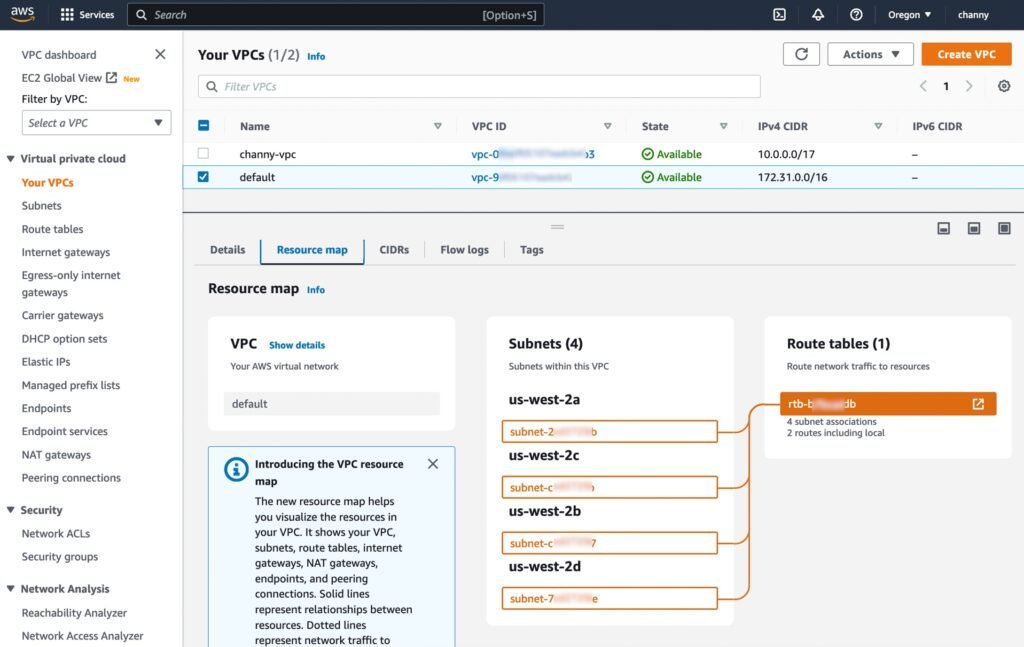
For users who prefer automation, AWS offers the AWS Command Line Interface (CLI) and AWS SDKs for programmatic access to services. These tools are particularly useful for developers who want to script and automate their AWS tasks.
Management Tools AWS provides a comprehensive set of management tools that streamline the administration of cloud resources. AWS CloudFormation allows you to define and provision infrastructure using code, simplifying the deployment process. AWS Systems Manager offers a unified interface for managing your entire AWS environment, from tracking resource configurations to automating routine maintenance tasks.
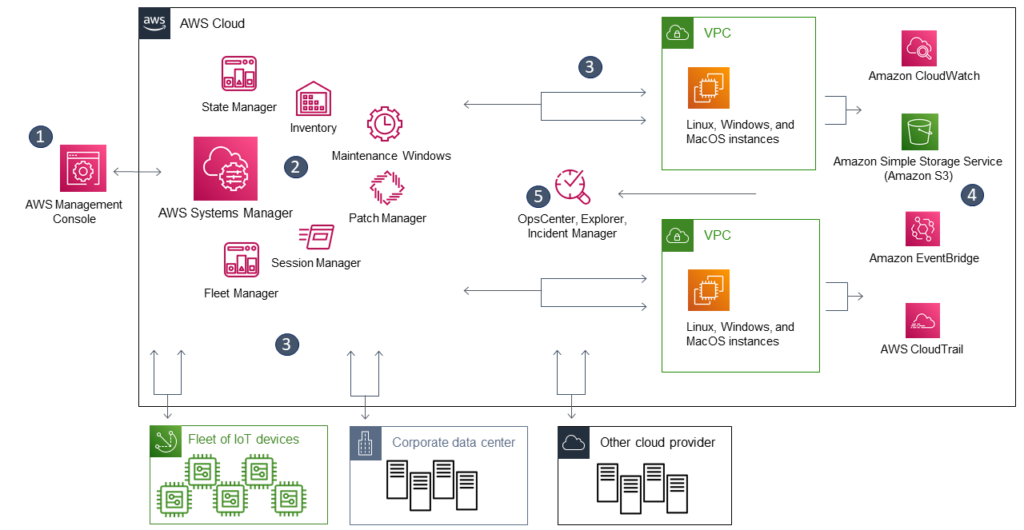
Another notable tool is AWS Trusted Advisor, which provides real-time guidance to help you follow best practices for cost optimization, security, fault tolerance, and performance. Trusted Advisor scans your AWS environment and offers recommendations to improve your setup, making it easier to manage and optimize your resources.
Learning Curve and Documentation While AWS offers a powerful and feature-rich platform, the learning curve can be steep for new users. To address this, AWS provides extensive documentation, tutorials, and training resources. The AWS Documentation site is a valuable resource, offering detailed guides, sample code, and best practices for using AWS services. Additionally, AWS Training and Certification programs help users build their skills and gain official recognition for their expertise.
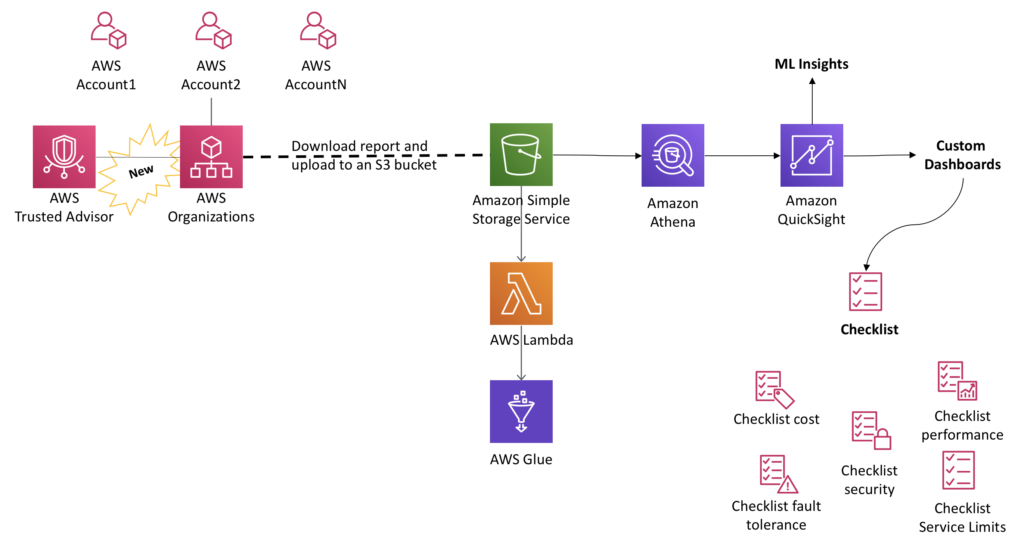
Support and Customer Service
Amazon AWS is known for its robust support and customer service, offering a range of options to help users resolve issues and optimize their cloud experience. Whether you’re a startup or a large enterprise, AWS provides support plans tailored to meet your specific needs.
Support Plans and Options AWS offers four main support plans: Basic, Developer, Business, and Enterprise. The Basic plan is free and includes access to the AWS support community, documentation, whitepapers, and AWS Trusted Advisor’s core checks. This plan is ideal for users who require minimal support and rely primarily on self-service resources.
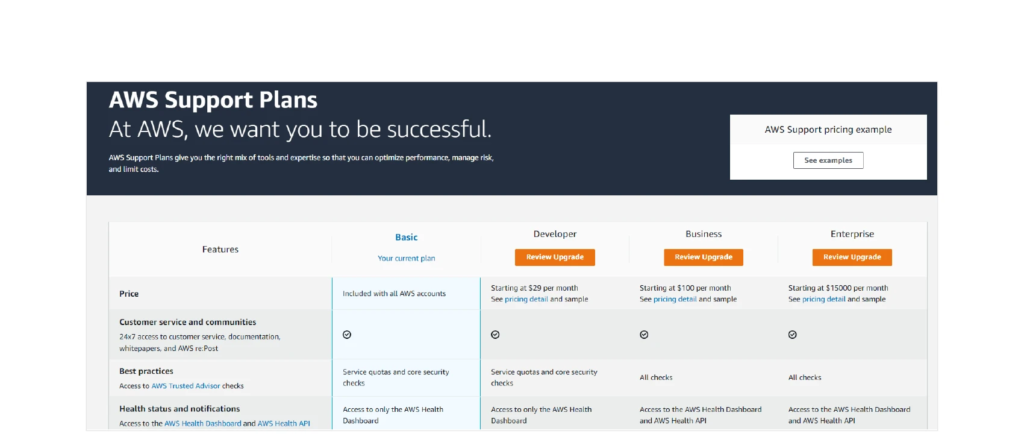
For more comprehensive support, the Developer, Business, and Enterprise plans offer additional features such as 24/7 access to cloud support engineers, faster response times, and more personalized support. The Enterprise plan, designed for large-scale operations, includes a Technical Account Manager (TAM) who works closely with your team to provide proactive guidance and support.
Customer Service Channels AWS provides multiple channels for customer support, ensuring that help is available whenever needed. Users can reach out via email, live chat, and phone support, depending on their support plan. The AWS Support Center also allows users to create and manage support cases directly from the AWS Management Console.
In addition to direct support, AWS offers a wealth of resources in its AWS Knowledge Center and AWS re, a community-driven platform where users can ask questions and get answers from AWS experts and fellow users. These resources provide valuable insights and solutions to common issues, enabling users to troubleshoot and resolve problems independently.
Response Times and Resolution Efficiency AWS is committed to providing fast and effective support. The response times vary depending on the support plan, with the Enterprise plan offering response times as fast as 15 minutes for critical issues. AWS’s support team is known for its technical expertise and efficiency in resolving issues, helping users minimize downtime and maintain smooth operations.
Conclusion
Amazon AWS stands out as a comprehensive cloud platform that excels in key areas essential for businesses today. Its flexible pricing and cost management options allow organizations to control expenses while benefiting from top-tier cloud services. AWS’s robust performance and scalability ensure that your applications can handle varying workloads with ease, backed by a global infrastructure that delivers high-speed processing and low latency.
Security and compliance are at the core of AWS’s offerings, with a wide array of features and certifications that meet the strictest industry standards. This makes AWS a reliable choice for businesses operating in regulated environments. Ease of use and management are also strong points, thanks to user-friendly interfaces like the AWS Management Console and powerful management tools that simplify the complexities of cloud administration.
Finally, AWS’s support and customer service are tailored to meet the needs of different users, from startups to large enterprises. With multiple support plans and a commitment to quick and effective issue resolution, AWS ensures that users can rely on expert assistance whenever needed.
In summary, Amazon AWS provides a well-rounded cloud experience that combines affordability, performance, security, ease of use, and reliable support, making it a leading choice for businesses looking to harness the power of the cloud.
